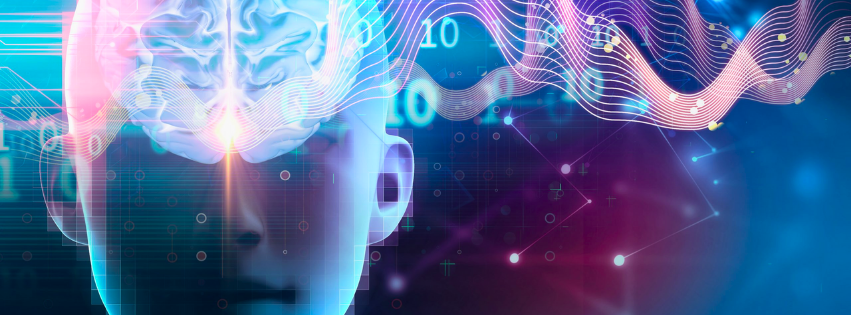courses
This module will provide students with an introduction to key concepts in psychology, with an emphasis on psychological research methods and social psychology.
The module covers the major theories of infant and child development, including family relationships.
This module will introduce students to psychological research methods and statistical analysis as a basis for developing their research skills.
Students will learn key study skills and academic strategies.
This module will provide students with an introduction to key concepts in psychology, with an emphasis on cognition and psychological disorders and treatment.
This module will examine the philosophical and historical contributions to psychological theory and research and evaluate their relevance today.
Students will learn theories of motivation and how motivation influences emotions.
Students will learn the major learning theories used in psychology.
This module will provide students with an introduction to key concepts in psychology, with an emphasis on cognition and psychological disorders and treatment.
This module will introduce students to the psychological concepts of group dynamics, leadership and organizational behavior as a basis for more specialist modules in organizational psychology.
This module is part 1 of 2 in Abnormal Psychology. This course will provide a broad survey of what is abnormal behavior. Emphasis will be placed on a scientific, empirical view. The primary focus of the course is the description of various symptoms, syndromes and illnesses, with research and theories concerning their etiology.
Explores the elements that lead to successful adjustment in family living. Additionally, students will focus on the process of internal family development — the changing relationships of parents and children at successive stages of the cycle of family life.
This module is an introduction to the principles and techniques for data visualization. The module aims to provide students both the working knowledge of and practical experience using visual representation methods and techniques to the identification of patterns, trends and differences in and between data sets across categories, space, and time. Students will learn how to detect and articulate the stories behind data sets and communicate data findings in visual, oral, and written contexts for various audiences and publics.





